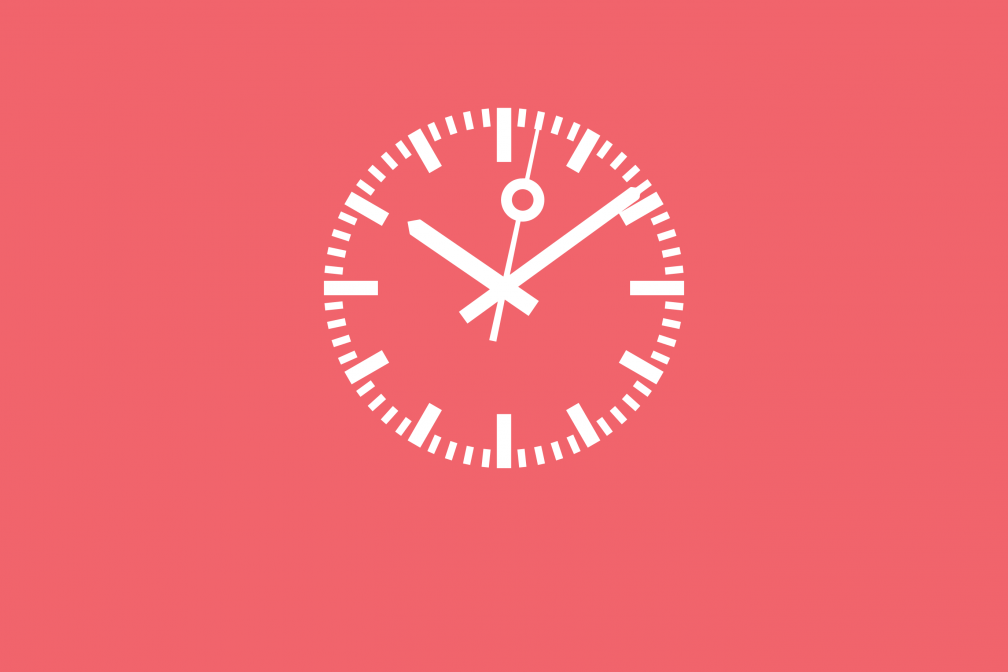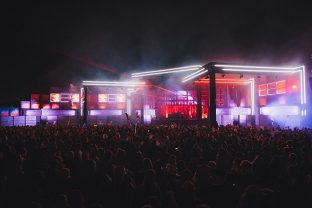
Say no to 60 minutes: Extended DJ sets should be the industry standard
We need more seven-hour sets; scrap the hour slots
The likes of Kerri Chandler, Ben UFO and Theo Parrish have all been given all-night-long sets at The Hydra and Studio Spaces has never sounded so good. These respected DJs take hold of any room they're in, so promoting and pushing a night that focuses purely on them seems totally fitting. Even Skream, one of the most popular DJs on the circuit at the moment, has realised the worth of his record collection and his 'Open To Close' sets have sold-out all around the country. Seven hour sets at every place he enters, a crowd that have paid to go and see him and a confidence that his music and style will keep an audience's attention.
"I have to thank everyone who made the #OpenToClose Tour a definite highlight of my career! Around 80 hours played and about 12,500 tickets sold! Huge shouts to all the venues, promoters and you the fans who made it one I'll never forget"
This was Skream's post on Christmas Eve last year, a statement that fully justifies the extended set. There's one extremely happy DJ, a silly amount of people who've gone to see him really promote his craft and a whole host of venues and promoters that have put their faith in a selector only to have their own faith restored with a full club in front of them, with everyone going wild (just check the videos online).
I'm not saying that every set should be a marathon but allowing a DJ to perform for three to four hours should be the industry standard. Line-ups should shift around the talent of one or two selectors instead of 15. If the time restraints don't accommodate for that then book less people, give that one artist the spotlight and let them be the person who fills a room on their ability alone.
Funster is Mixmag's Deputy Digital Editor. Follow him on Twitter here or catch him playing for 17 hours straight at a discotheque near you



